
Bioimpedance spectroscopy (BIS) technology could make difference.

Bioimpedance spectroscopy (BIS) technology could make difference.
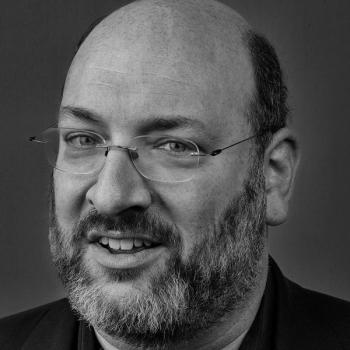
Data privacy practices need to be updated regularly, he said.

Leaders say partnership could bring ‘radical change’
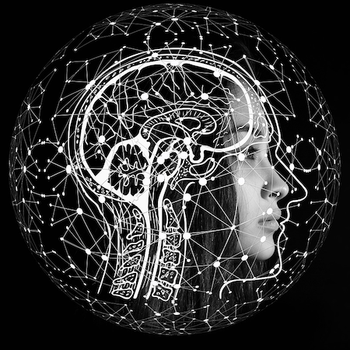
Tiny defects under high-tech observation could point to breakthroughs.
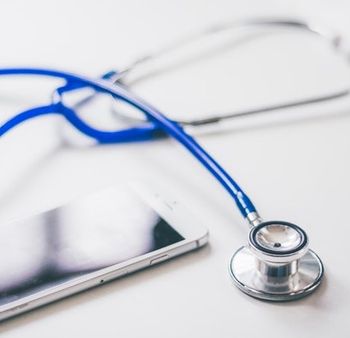
Real-world data seen as supporting clinical and regulatory decisions.
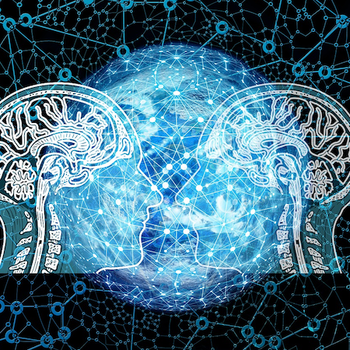
Lots of vision is discussed — but little real-world investment.

Care coordination is integral to improving patient care.

The software has since been patched, but the weakness could have left individuals’ genomic data vulnerable.

Getting the initial diagnosis correct could lead to more effective treatments for patients.

Grand Jury subpoena connected to criminal investigation issued in March.

A focus on improving efficiency and reducing costs makes AI poised for increased adoption.

Online behavior, mental health, and advertising commingled in cyberspace.

Knowing who is more likely to opt out could help tailor better interventions for smokers.

Researchers will use Amazon Web Services to accelerate research and improve outcomes.
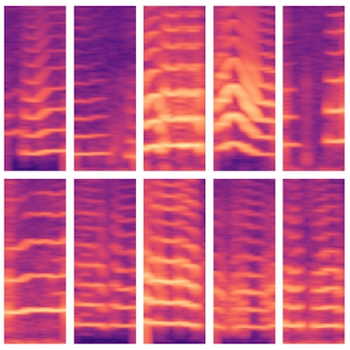
Better automating machine learning to tackle tough-to-find diseases.
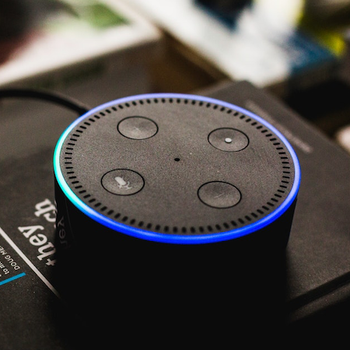
AI, smart speakers bring about a Wild West of health data questions.

The combined models identified smoking environments with 76.5% accuracy.

Swiss pharma giant and regulators still support drug use in rare child condition.
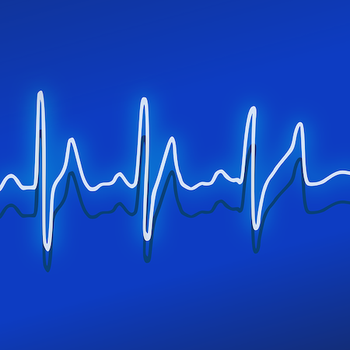
The AI model correctly identified subtle patterns of A-fib with 90% accuracy.
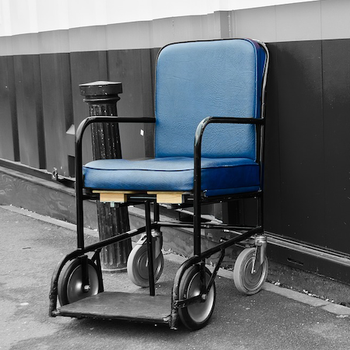
Social and behavioral health factors are not regularly included in electronic patient records.
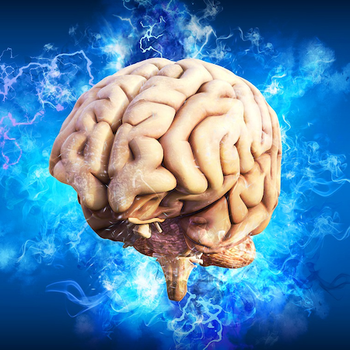
This could help improve the selection of drugs and participants for clinical trials.
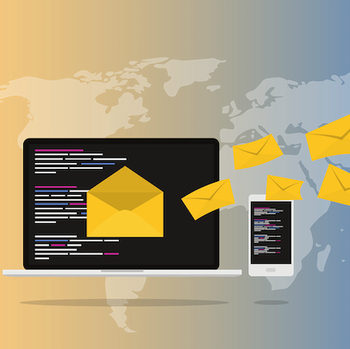
The University of Virginia Health System is making a concerted effort to find out how they can integrate clinical decision tools into their health network.
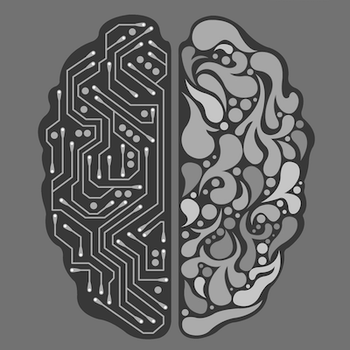
Data Book examines how artificial intelligence could have helped one of the leading physician-scientists of our time.
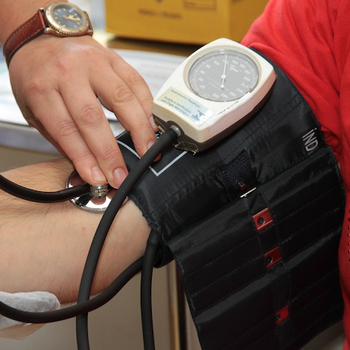
The algorithm applies AI to wearable sensor data to produce vital signs.
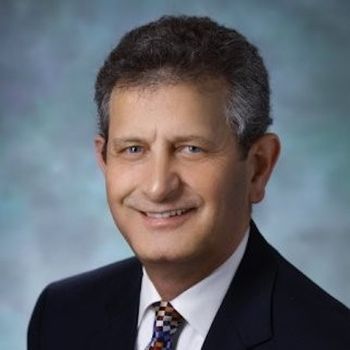
How health systems can construct an effective strategic plan for innovation.